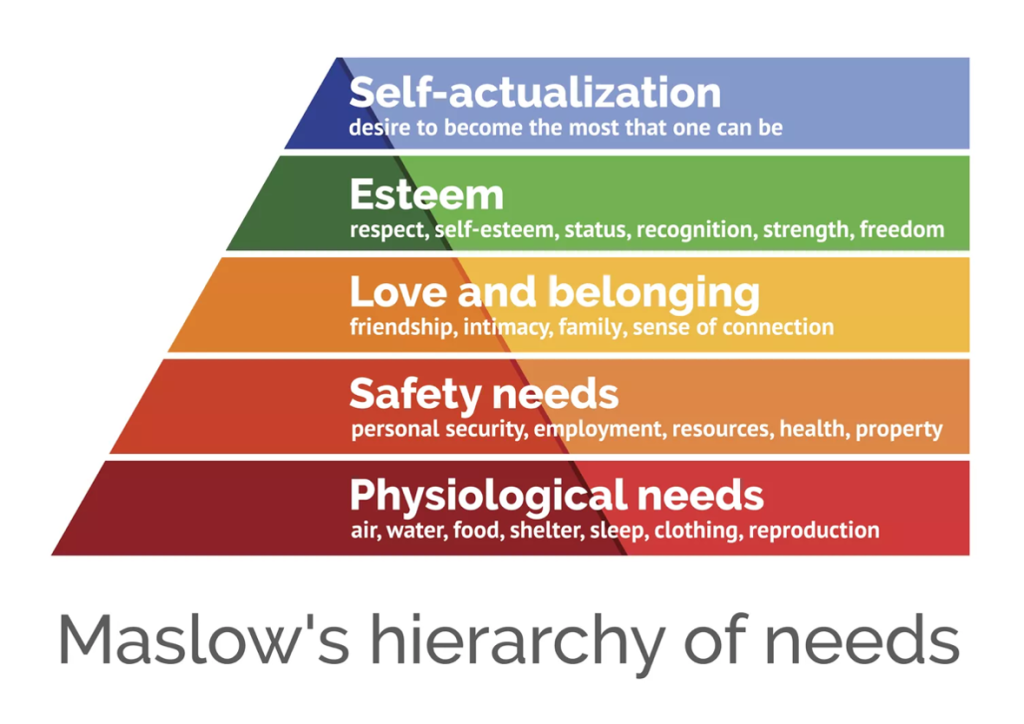Expert Interview

Here’s how Sai uses autonomy to empower and enhance the well-being of others
Sai, an empathetic and dedicated trainer at Resolution Education, has a background in health and wellness, and possesses a profound understanding of promoting well-being in individuals. Her journey in training began with CrossFit and her personal business, where she offered a range of sessions and workshops. Sai’s passion for training and commitment to fostering change eventually led her to Nathan McDonald, the founder and Head Trainer at Resolution Education.
Following her completion of a Train the Trainer course with Nathan, Sai was inspired to further explore the world of de-escalation and conflict resolution. Today, she is an integral part of the Resolution Education team and travels across Australia and New Zealand delivering transformative training.
In this interview, we delve into Sai’s insights about de-escalation and her crucial role in enhancing the well-being, empathy, and understanding of others.
When delivering training on the ADP framework, is there a particular concept that you believe is the most crucial to impart to others?
In the Awareness module, I think ‘Triggers’ is huge. A lot of people open up about their roles and triggers in this part of the training.
Also, ‘Instincts’ is a big one. It really helps people to feel confident. At the end of the day, [instincts] are what inform people on how they do their job. I like to use the word ‘insight’ as well. ‘Instincts’ is interchangeable with ‘insight.’
We talk about [instincts] because, from an evolutionary point of view, we have all been given these instincts. But for practical application, people better understand that it is more the insight that they have into different situations that really plays into how they act. It goes hand in hand with action.
I like to talk about people’s instincts and then what they do about them and whether they act, how they act, and what actions come from that.
Do you have any particularly memorable training experiences or success stories from working with Resolution Education?
I love seeing people have “aha” moments where they really connect with the content, and they walk away going:
“I am going to do this differently.”
“I am going to pay more attention to this area of work or life because I’ve noticed it may be slipping up a little bit.”
“I want to get a bit more training in this area.”
“This has given me an opportunity to speak up about something that I have been unsure about for a while.”
Training gives people the skills and opportunity to do these things.
Also, I think post-Covid, [this training] is helping people wake up again to what is important in the workplace.
I’ve heard you refer to Maslow’s Hierarchy of Needs before.
Can you unpack that further and how it relates to occupational violence and aggression?
It comes back to autonomy. With Maslow’s Hierarchy of Needs, I often talk about autonomy and people feeling a sense of autonomy. This is really based on people self-actualising by asking, ‘What type of life do I want?’

When you can give people choices (and choices are a huge part of de-escalation), you are giving them the opportunity to have control while also taking responsibility.
This is important for when people are figuring out what their boundaries are. Having training around how to make sure our boundaries are strong, so when people are treating us poorly and escalating, we know to keep our boundaries.
When it comes to working with people who are escalated, you want to try and give them choices. A lot of people are frustrated these days because they are being told what they can and cannot do, Covid is a huge example of that. People had their choices taken away from them and that sense of autonomy was taken away. As a result, people get quite angry and frustrated.
So, when working with a client or if you are trying to de-escalate someone, help them see they have some choice and feel they have some control. You can provide that by asking questions.
Going back to Covid, we all understand how it feels to lose your choice in things, not having autonomy in your own life, and not deciding on the most important things for yourself. It gives people a glimpse into how it must feel for people who have other things taken from them on a larger scale [which is where a lot of our escalating behaviour stems from]. It helps them reflect on both sides.
Sometimes people find it difficult to empathise with a hostile or angry person. Do you ever get any pushback when training?
Not necessarily with the ADP framework, but I get [pushback] in regard to people dealing with their organisational culture. Often, I will hear:
“We would do all this, but management says there is not enough time – just get your job done.”
“Incident reporting is great, but we never hear back.”
“You don’t always feel supported. When I go to sign up for training, my managers say I can’t because I am needed on the floor.”
So, there is still a long way to go and there can be discrepancies.
[On the other hand], organisations can be getting staff to do the training, but the staff don’t recognise that it is because the organisation is trying to change the culture. So, sometimes it is about reminding them that this is a process and that this training will contribute to improving the overall culture.
How involved is management with the training? Do they ever attend?
The good thing about these organisations is that they often have a couple of managers there with the staff. So good on those staff who still speak up about some of the systemic problems they’re having, because it really puts those managers in the spotlight, and they need a response to that.
Today [in training], for instance, one of the managers said, “It is really important that you continue to speak up and voice what needs to change so that we can establish these things on the surface, and you can continue to be supported through further training and up-skilling. We have a responsibility to ensure you attend training and that you’re not just there to do your job.”
Key Takeaways
In this illuminating interview with Sai, we have gained invaluable insights into the world of de-escalation, as well as strategies for fostering well-being and empathy among employees and escalated individuals they may deal with.
Sai’s experience sheds light on several key takeaways that can significantly impact how individuals approach challenging situations in the workplace and beyond.
Moving forward, organisations would benefit from:
- Understanding triggers in oneself and others
- Learning to listen to instincts and the insights they offer
- Recognising complacency and taking action to address it
- Providing choices to individuals who are escalating
- Developing consistent policies and procedures
- Establishing shared goals and communication between management and other staff
To work with your team on developing a better work culture and effective strategies for de-escalation, get in touch with us today. Your team will thoroughly benefit from training that is expertly facilitated by Sai and our other fantastic trainers here at Resolution Education.
Fill in the form below to have a free initial consult with one of our team members.
